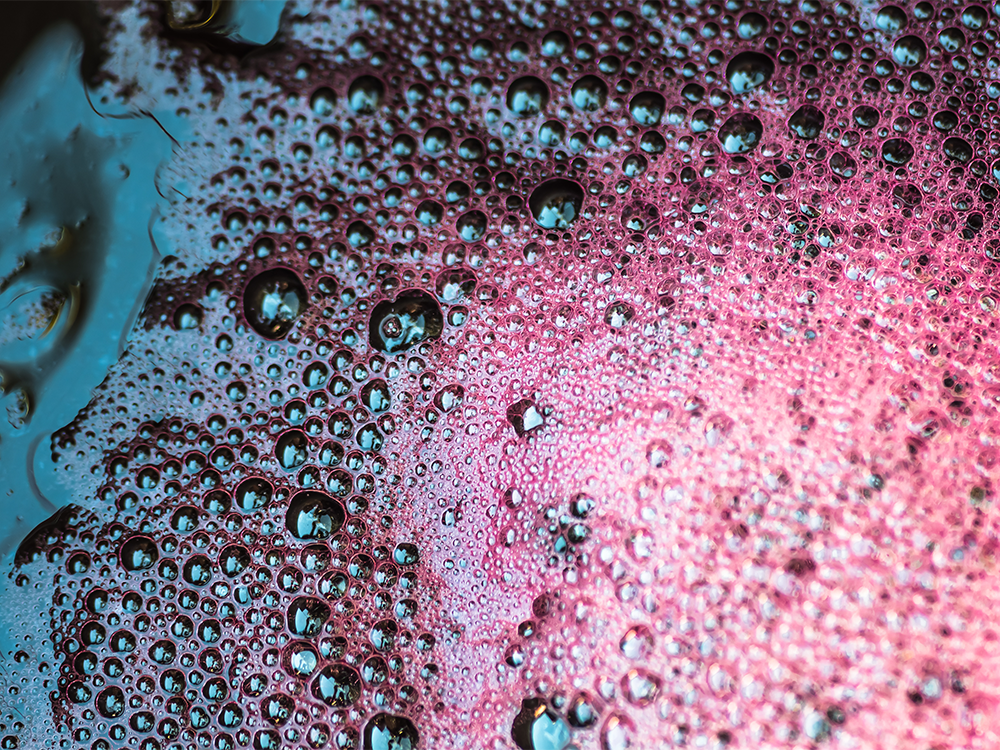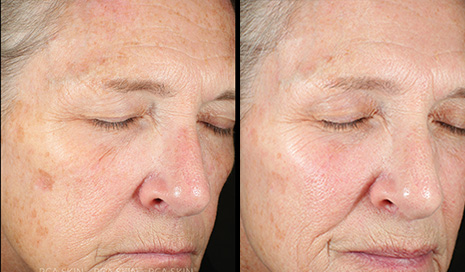[ad_1]
Whether it’s lining your gut or found in your favorite supplements, if we’ve learned anything over the years, it’s that good bacteria is beneficial. It’s also valuable as it relates to skin care, and it may be the foundation for the beauty favorites in your routine.
If you eat kimchi or drink kombucha to support your gut health, you may know a little bit about the benefits of fermentation, but a more modern advantage of this metabolic process is that it adds a major boost to your skin care. “Fermentation is the process in which sugars are broken down and transformed using bacteria, yeast or other organisms to create different types of ingredients like acids, probiotics and alcohol,” explains Pittsburgh dermatologist Lindsey Zubritsky, MD. While utilizing fermentation to enhance ingredients isn’t necessarily a new concept—fermentation has been around since the Neolithic era—its use in skin care (it’s also being used in hair care, too) is taking the industry by storm.
It allows products to penetrate skin deeper.
Table of Contents
“When you look closely at skin-care ingredients under a microscope, you will see that each one has a size that is determined by its chemical makeup,” explains Jeff Rosevear, head of skin care R&D at Unilever. “The fermentation process uses microorganisms to create much smaller ingredient molecules, and this shrinkage allows them to penetrate the skin much easier and deeper, making the product more bioavailable.”
In botanical-based skin-care brand Vintner’s Daughter’s case, potent superfoods like moringa, acerola and astragalus undergo the fermentation process, which produces enzymes that increase nutrient absorption and support skin at a deeper level. “In our nutrient-dense Active Treatment Essence, botanicals have been fermented to create acetic, lactic and malic acids, which help to hydrate, balance and brighten skin from the inside out,” says founder April Gargiulo. Peptides are another fermentation-worthy molecule: “Peptides might be too big to penetrate when applied topically, therefore they cannot get to the part of the skin that can use them and they end up sitting on top,” Rosevear says. “As fermented ingredients have smaller sizes, they can be used by the skin to deeply penetrate the surface.
It increases skin cell activity.
Fermented ingredients are ‘food’ for the good bacteria in the skin, so they can help restore it.
—Dr. Marta Pazos
According to cosmetic chemist Dr. Marta Pazos, “The byproducts of fermentation will increase skin cell activity, which translates into more collagen production and therefore better elasticity and youthful-looking skin. An increase in skin activity also translates into the proliferation of living cells, which results in the elimination of the dead ones that can suffocate skin.”
Dr. Zubritsky adds that this cellular increase also balances the skin’s microbiome and leads to a healthier, more intact barrier with less inflammation. “When the skin barrier is in a balanced state, other active skin-care ingredients can work effectively in a friendlier environment.
It works on all skin types.
“When an ingredient is made via fermentation, only the target ingredient is produced, and therefore the end result is purer, allowing the skin-care products to deliver the desired benefits with little to no side effects,” says Rosevear. For this reason, Dr. Zubritsky says fermented skin-care products typically work on “anyone and everyone, and that’s the beauty of it. It can benefit any skin type, from oily to dry, as well as any skin age. Fermentation essentially boosts skin care to make it more powerful and effective. Therefore, it’s well-suited for anyone looking to achieve anti-aging and glow-enhancing results.”
Find a Doctor
Find a NewBeauty “Top Beauty Doctor” Near you









